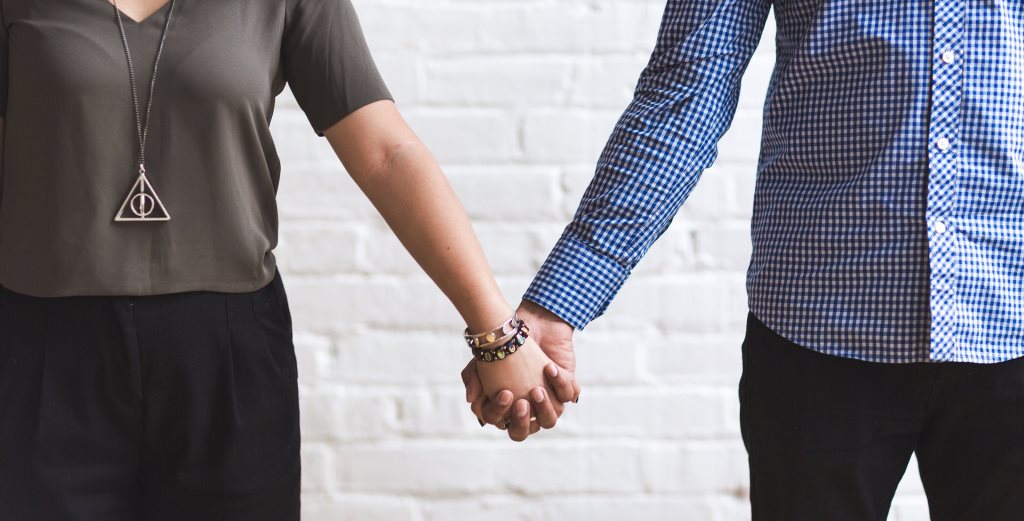Many of us wrongly believe that when we die our assets automatically go to our partner. The fact is, if one cohabiting partner dies and hasn’t left a detailed Will, the surviving partner won’t necessarily inherit the estate, including any part of a shared home.
With Prime Minister Boris Johnson and girlfriend Carrie Symonds moving in at Number 10, they’ve become the first cohabiting couple in Downing Street. This highlights an issue with the UK’s unmarried couples who may wrongly assume that living together entitles ownership of a shared property in the event of one person dying.
Married couples: If one of you dies without leaving a Will
If you are married or in a civil partnership and have no children, everything goes to your partner (even if you’re no longer in a relationship). If you do have children, then everything will go to your partner for estates of up to £250,000. Over that amount and your personal possessions and the first £250,000 go to your partner, then the balance is divided up with half going to your partner and the other half equally shared between your children.
Unmarried couples: If one of you dies without leaving a Will
If you live with your partner but are not married or in a civil partnership then your partner is not legally entitled to any of your assets on your death. If you have children, your estate is divided equally between them. If you have no children, your estate goes to parents, siblings, half-siblings, grandparents, and then ever-more distant relatives. If you have no surviving relatives, the entire estate goes to the Government. In any case, your partner stands to inherit nothing and could be left homeless and penniless.
Arranging a cohabitation agreement
A cohabitation agreement is useful to protect both you and your partner, plus any other family members, including children, if one of you dies. As well as making sure you have a share of each others’ assets, a cohabitation agreement will ensure access to each others’ state pension and provide you with next of kin rights in a medical emergency. It’ll also help with dividing up bills and other outgoings while you live together.
Before taking out a cohabitation agreement, you ideally will have discussed how you would like your assets (savings, pensions, investments, and of course your property) divided up should one of you die. You’ll then inform your solicitor(s) what the value of your assets are, whether or not you are homeowners or renting, what you both earn, and how many children you have, if any. They’ll then draft the agreement.
Making a Will
A common perception is that drawing up a Will is complicated. In reality dying without one (called “Intestacy” or “Dying Intestate”) is far less straightforward than the act of making a Will in the first place and places more demands on your surviving family. We’ve previously outlined some of the key benefits of making a Will, and have discussed why it’s so important, but if you are cohabiting, have children, and/or hold property or savings, it’s even more important so you can be sure you have a say in how they are looked after when you die.
Boris Johnson and Carrie Symonds are part of an increasing trend in cohabitation
Statistics show cohabitation is on the rise, and as the first unmarried couple to officially live at Downing Street, they show how the UK’s family dynamic is changing. While the law doesn’t currently align with these changes, there are some simple steps unmarried couples should take to make sure they’re protected, as well as their families and assets.
The Backhouse Solicitors Team
Rather than putting it off, let us help you start properly to plan your affairs. Book an appointment with one of our expert solicitors, or get in touch via phone, email, or by visiting our offices:
Tel: 01245 893400
Email: info@backhouse-solicitors.co.uk
Visit: 17 Duke Street, Chelmsford, Essex CM1 1JU
Or send us a message through the Contact Us page on this website






